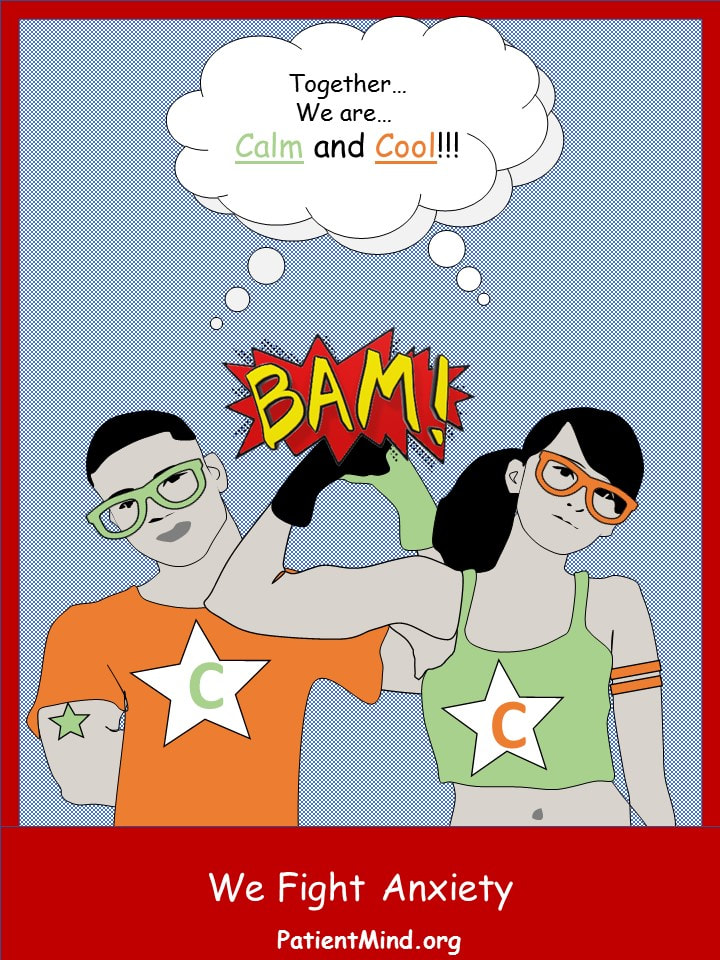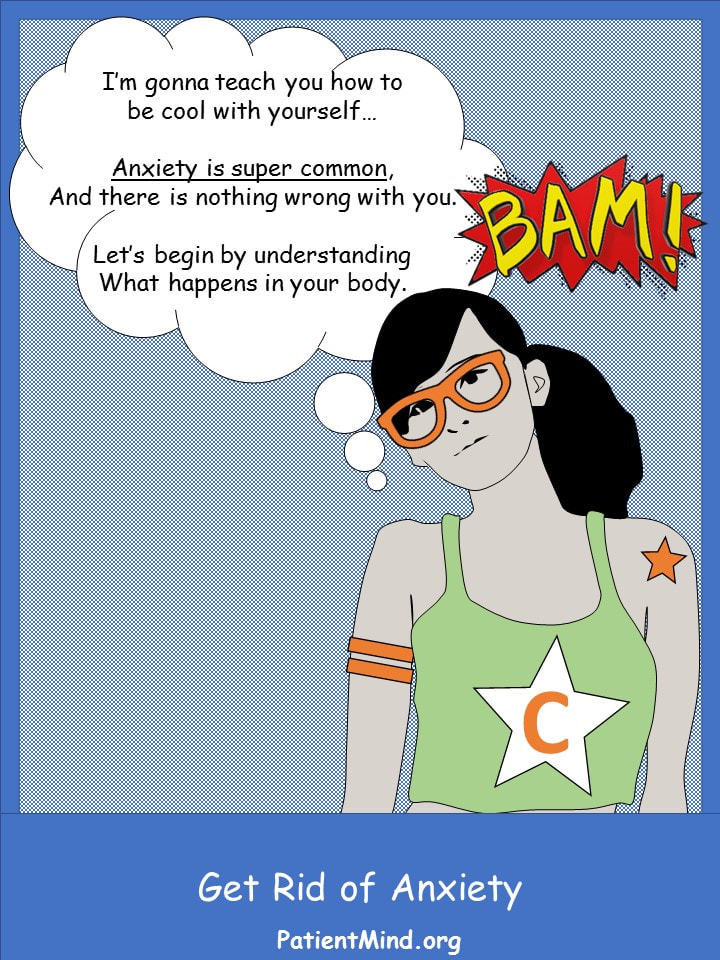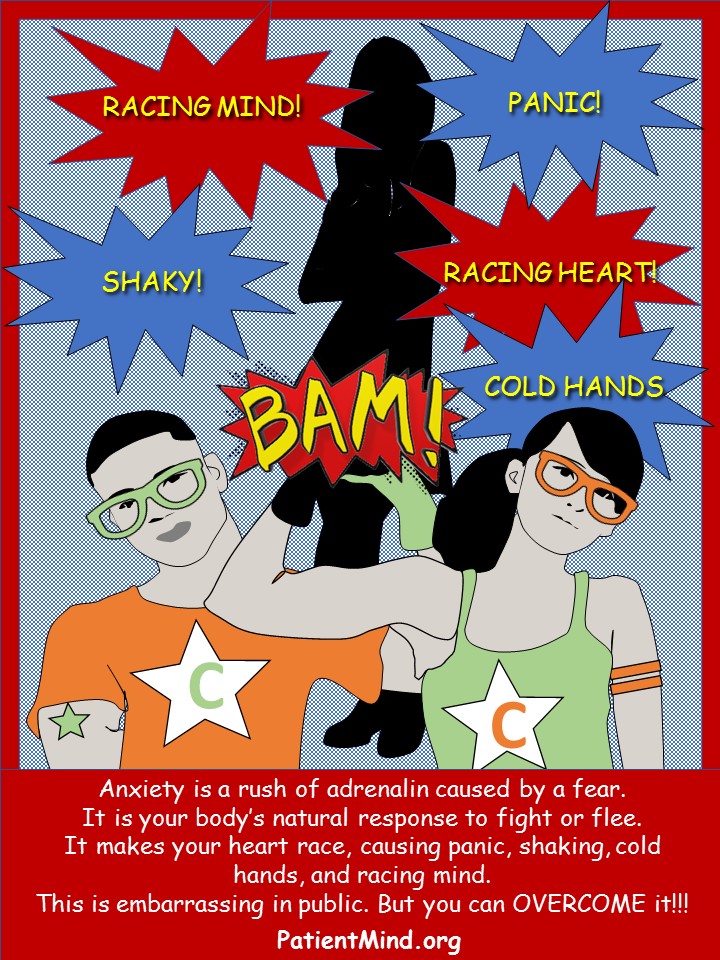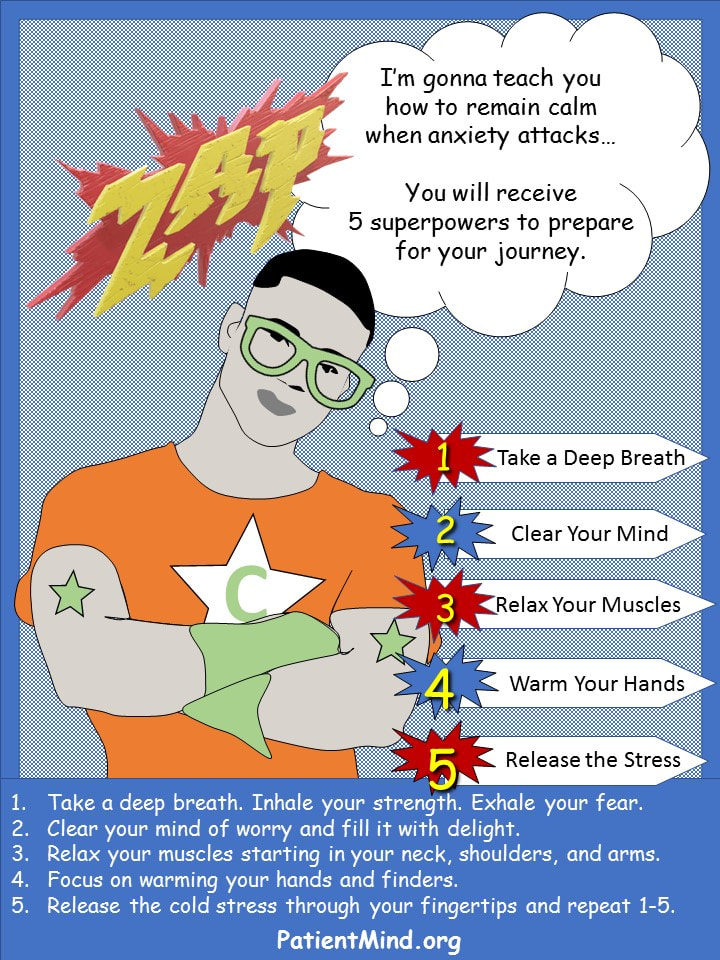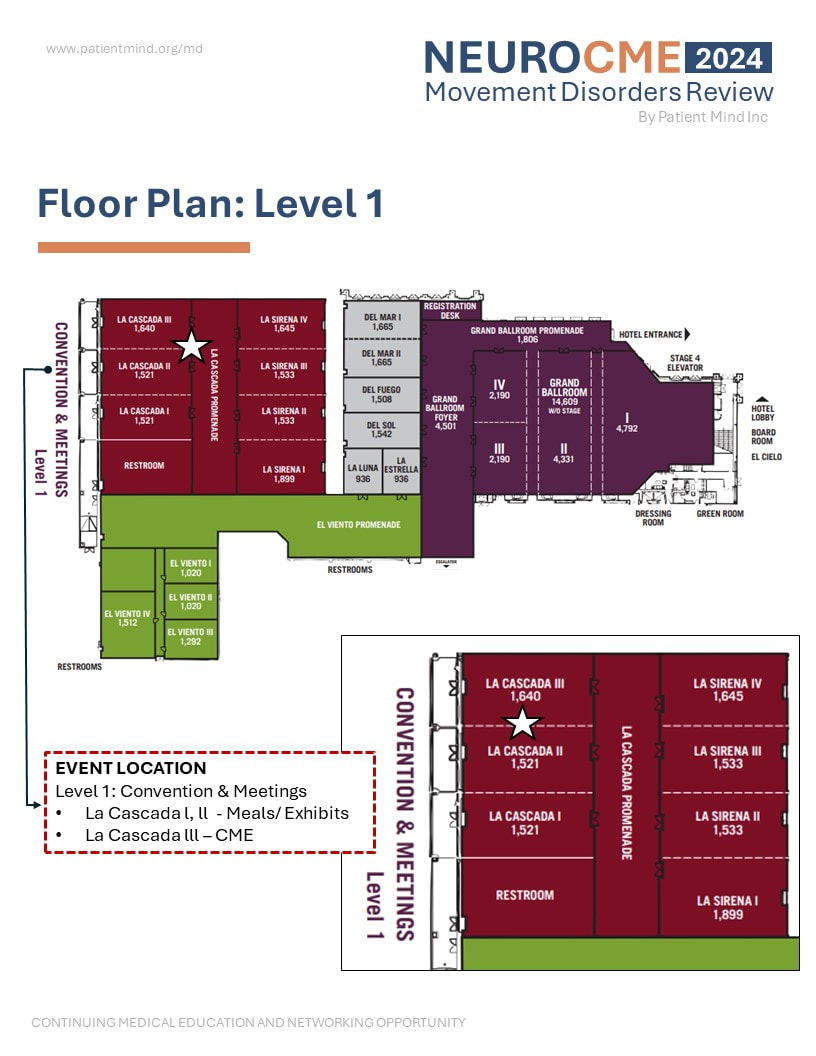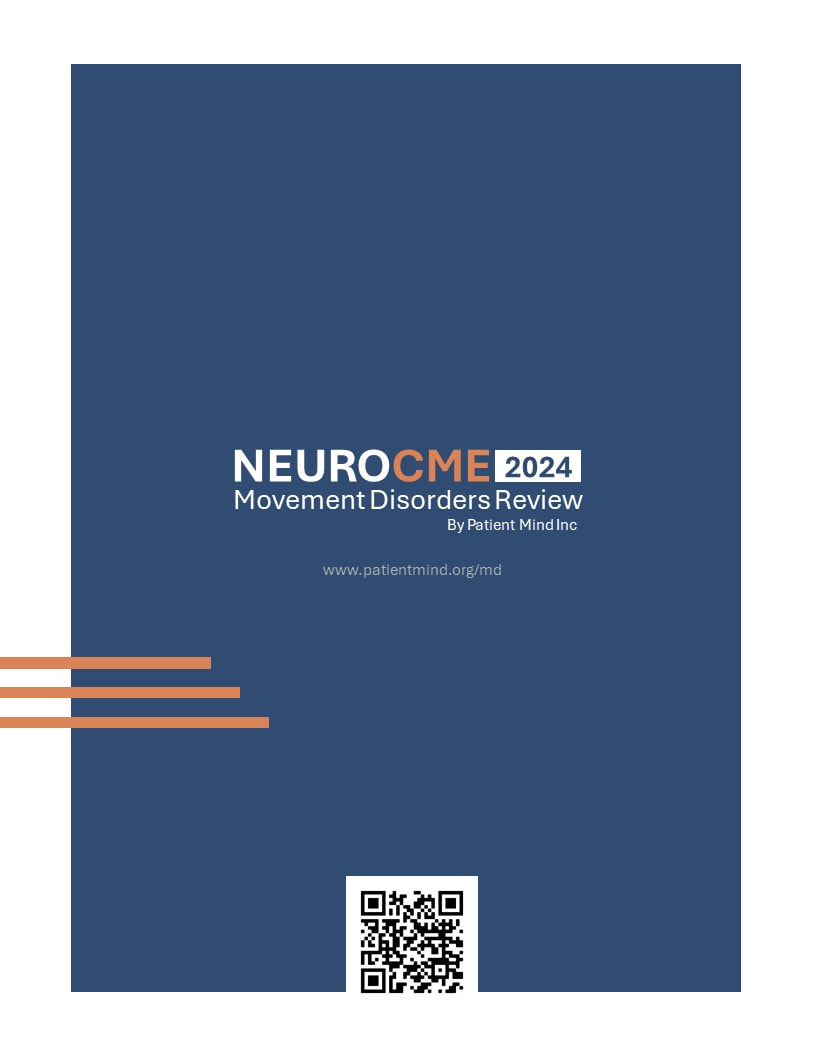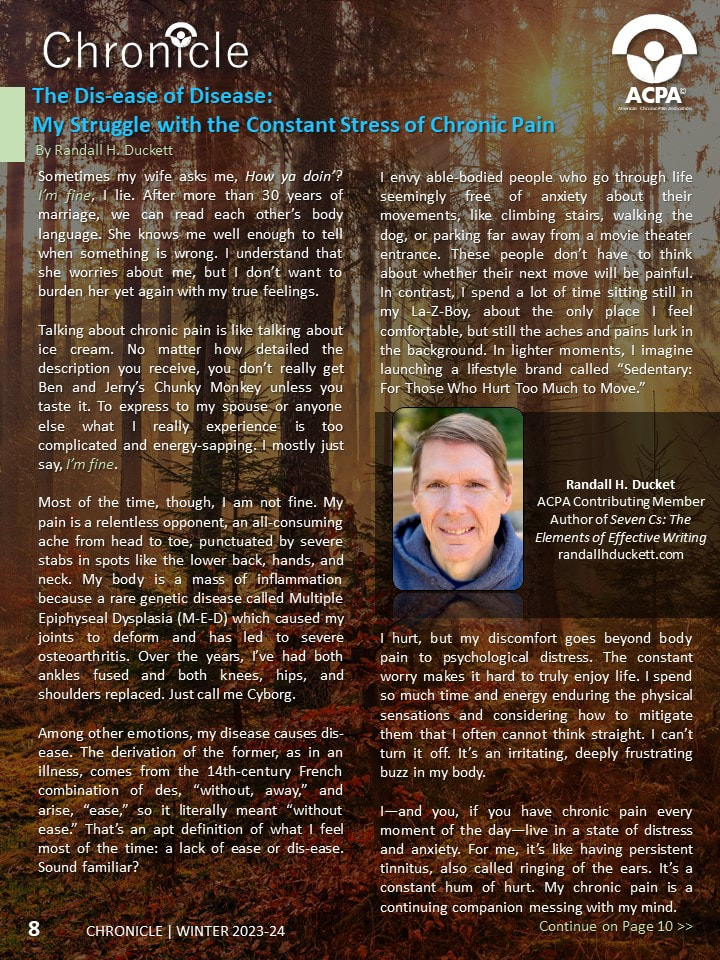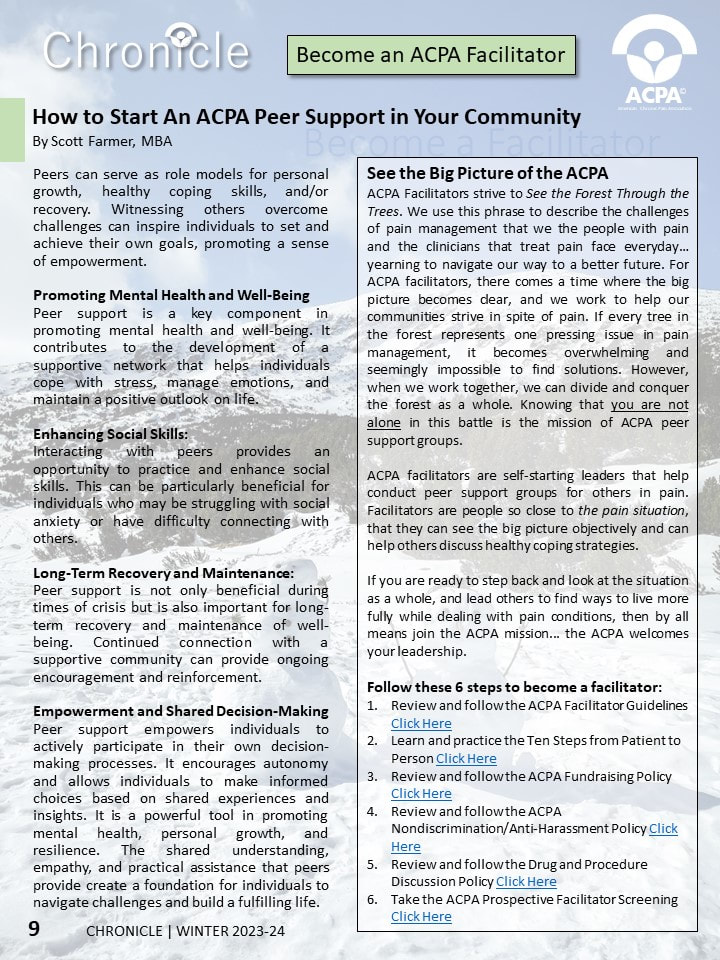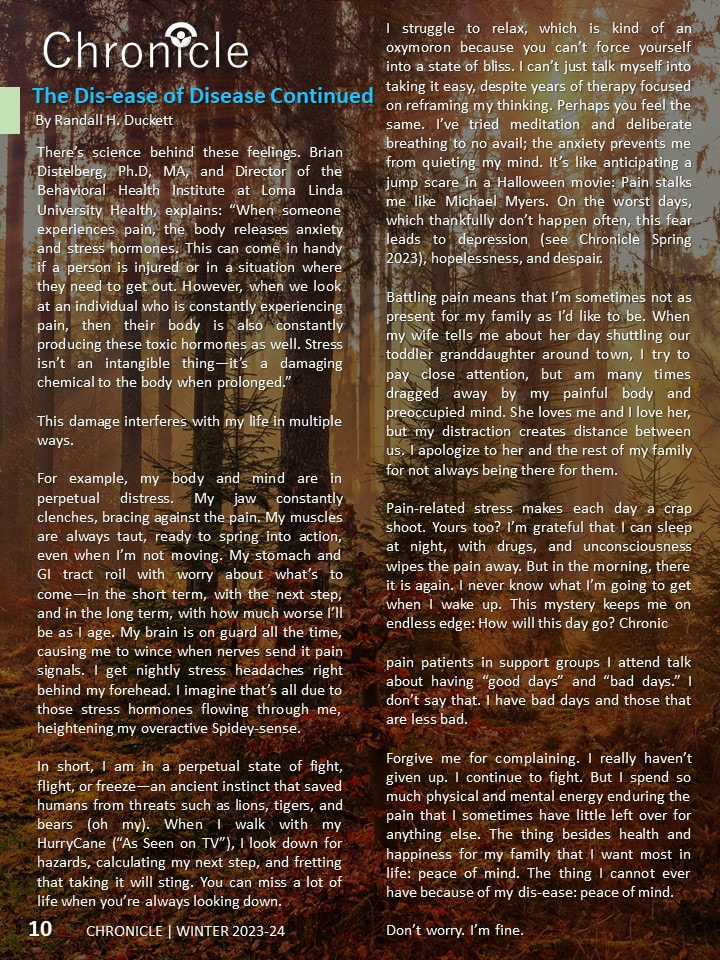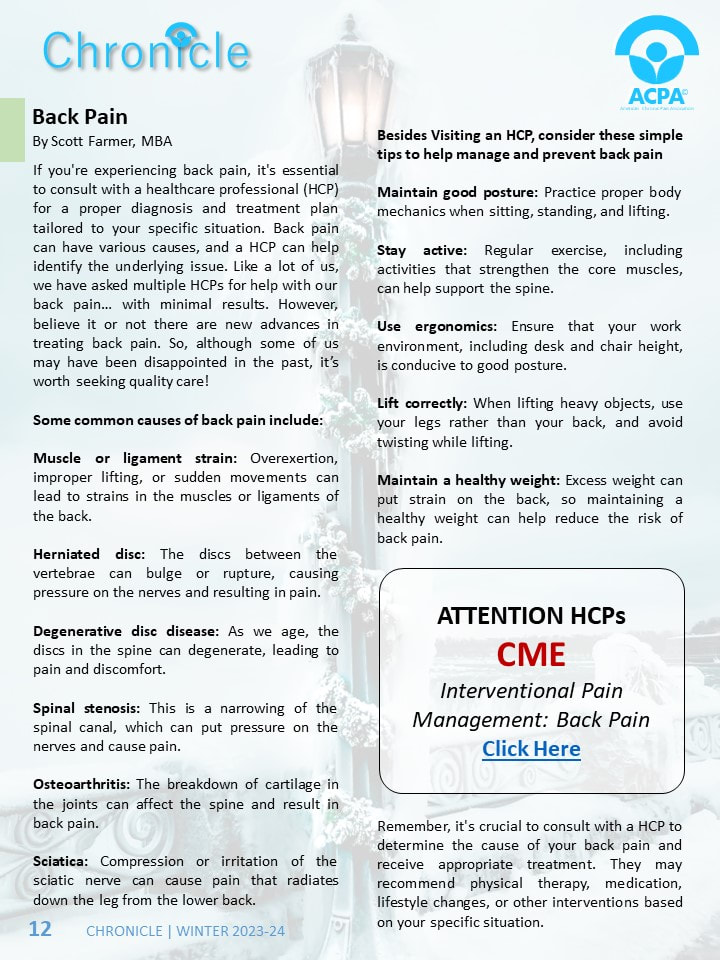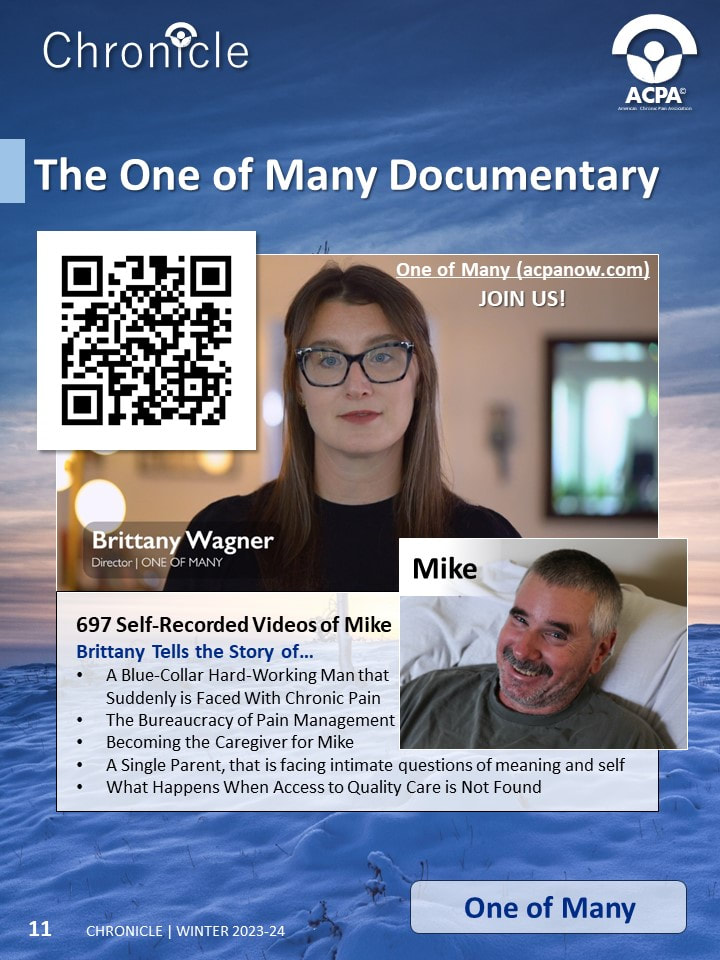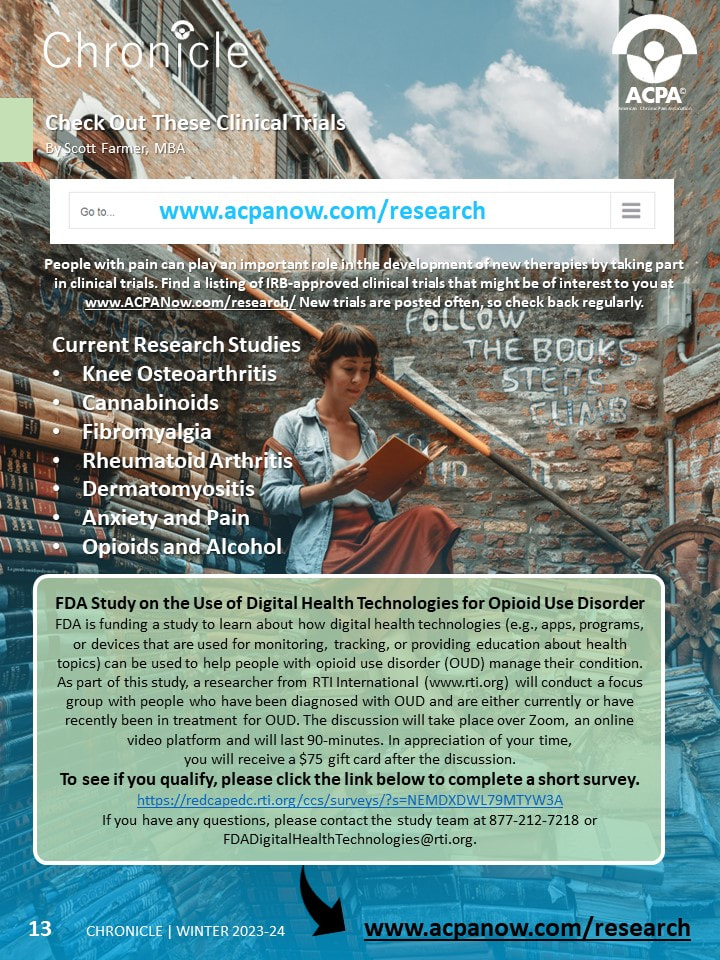Anxiety Education
Anxiety is very common... 1 in 10 people. Many with anxiety hide it most of their lives. Many also get frustrated because some clinicians associate anxiety with depression. Many have depression with anxiety, but others have anxiety symptoms only. Anxiety has been called many names including social anxiety disorder and performance anxiety. Enough is enough... here we illustrate steps to overcome anxiety by using a comic strip. Always consult your clinician for all healthcare decisions.
|
Types of Therapy and Medications for Anxiety
Performance Anxiety Only
If you are mainly concerned about preventing the symptoms of an anxiety attack, like rapid heart rate, shaky voice, or shaky hands, speak with your doctor about performance only treatment. These include:
Monotherapy
If you are concerned about preventing the feeling of being anxious, speak with your doctor about monotherapy treatment. These include:
Behavioral Therapy
|
|
Find a Specialist in Your Area
Lifestyle
- Healthy lifestyle techniques truly help those with anxiety. Click/Tap to expand each type.
Manage Anxiety Triggers
Triggers include stress, light, noise, odors, weather, diet, and hormonal changes.
- Stress management may include exercise, relaxation, and positive thinking.
- Don't eat foods or drink things that you know cause your anxiety.
- Form a plan with your healthcare provider.
3 Healthy Meals + Healthy Snacks
- A healthy diet may include eating natural foods that are not processed and low in sugar.
- Be prepared with healthy snacks to avoid long periods of hunger.
72 oz. of Water Per Day
Drink water and avoid too much caffeine, artificial sweeteners, and sugar.
Regular SleeP
- Practice a regular sleep schedule.
- Sleep in a comfortable space free from distractions.
Exercise + Yoga Daily
- Get some kind of enjoyable physical activity every day.
- Learn and practice basic yoga.
Relaxation and Deep Breathing
- Make time to relax every day free from distraction.
- Focus on breathing in for 3 seconds, hold for 1 second, and exhale for a count of three. Repeat until relaxed.
Track Your Anxiety Daily
- Track daily.
- Document what you did right on the days without anxiety.
- Document triggers or what you think you did wrong on the days with anxiety.
- Take this detailed documentation in to your next clinical visit.
- Try to find a pattern of the positive and negative.
- Adjust your anxiety treatment plan accordingly.

